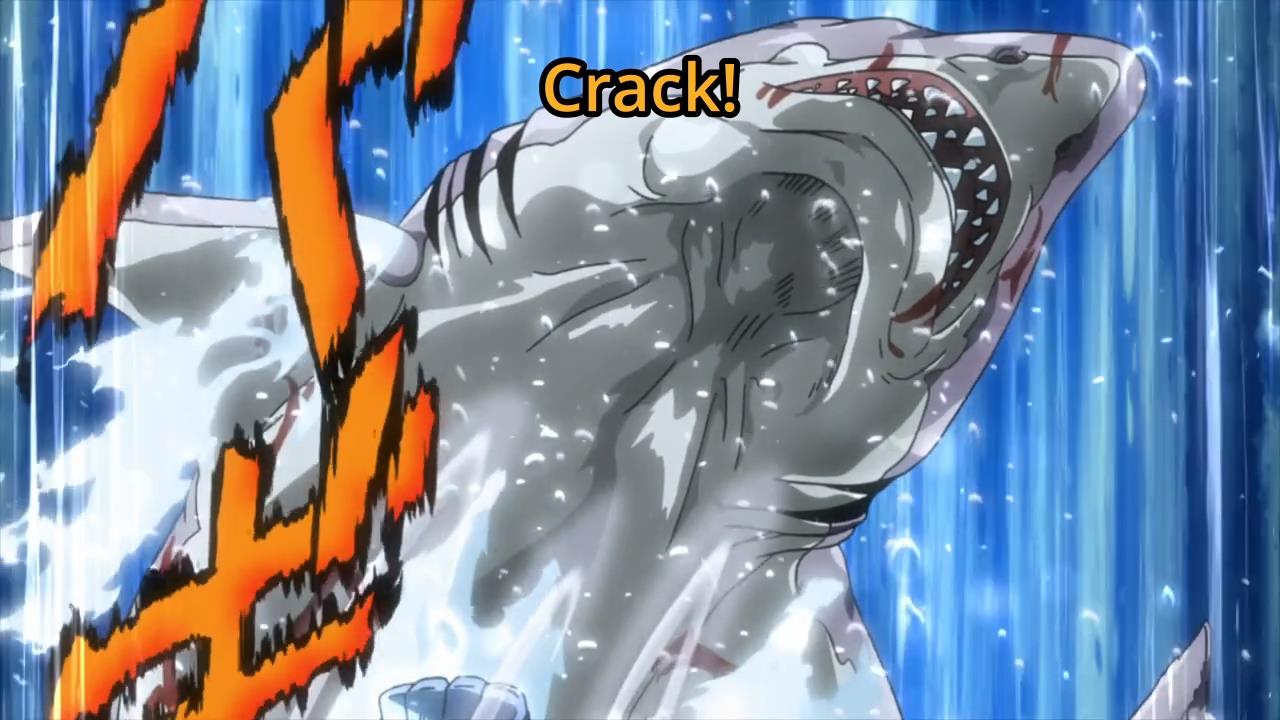Management: I didn’t really intend this to be so brutal, but now that it’s finished and I’m looking over it… yeah. This one’s kinda merciless, and posting it makes me a little nervous. I don’t mean to directly attack anyone with this piece – it’s mainly about being aware of the subtext of media, and not letting things that appeal to our base needs trick us into bad attitudes. I wrote it both because I find the psychology of media interesting and because I think Mahouka is a perfect representation of some of media’s more questionable powers. If you like Mahouka, that’s totally cool, I’m not saying you’re wrong to enjoy it. If you’d rather have something more positive, please enjoy this delightful gif and check back next time.
There are a number of different ways to approach criticizing a text. You can criticize the beauty of the execution itself – how it obeys certain agreed-upon rules of aesthetic execution, and how it exists purely as an object to marvel at. You can try to put it in a given historical or social context, or explore the life of the creator to see what demons the text may be working to exorcise. You can isolate certain details, or try to fit the overarching structure into a certain aesthetic or psychological framework. You can talk about themes, both intended and unintended. You can work off your gut, your training, or some arbitrary ideal of perfect beauty.
Normally, I try to come to shows open to however they may strike me. If a show strikes me as entertaining, I’ll try to critique it as entertainment. If it strikes me as insightful, I’ll try to engage with its insight. All of this is deeply colored, of course, by my own priorities – I wouldn’t recommend myself as the premier source for critiques of action shows, for example. But Mahouka already seems like it will reward one specific, fairly compelling exploration, and so that’s what I’m probably going to focus on here.
Continue reading →
Like this:
Like Loading...

